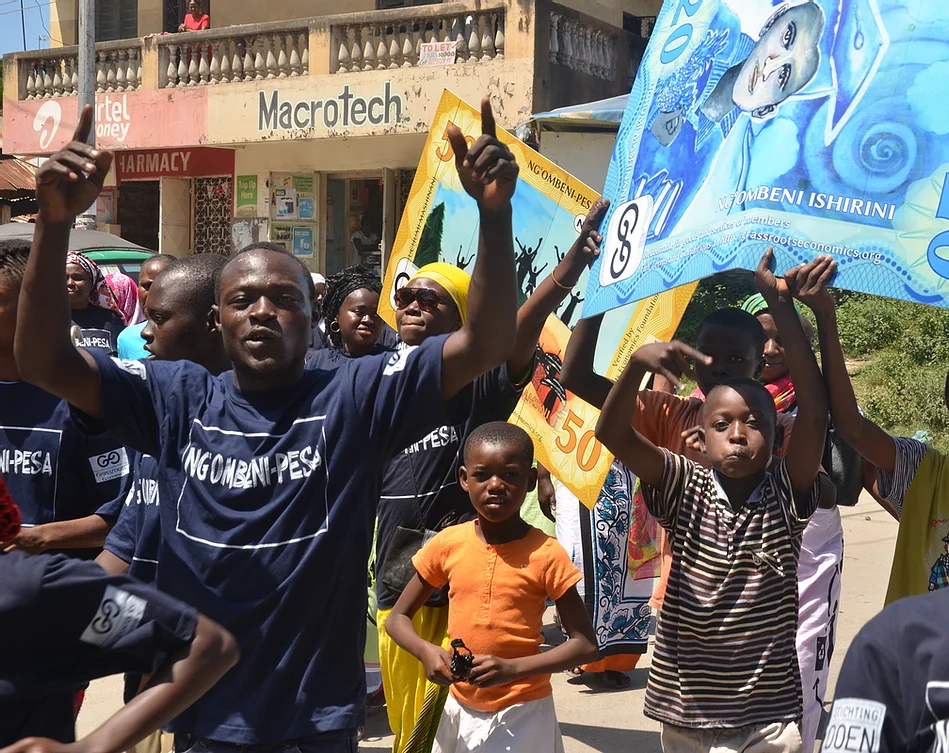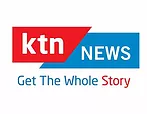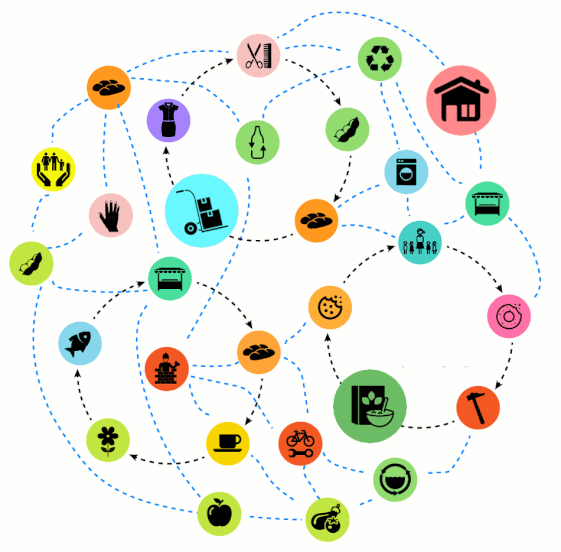
Prospering economies built by thriving communities.

Ending poverty lies in building communities
Through Commitment Pooling, people have a way to exchange Community Asset Vouchers representing commitments for goods and services while incubating projects and businesses, without relying on scarce national currency and volatile markets.
How it works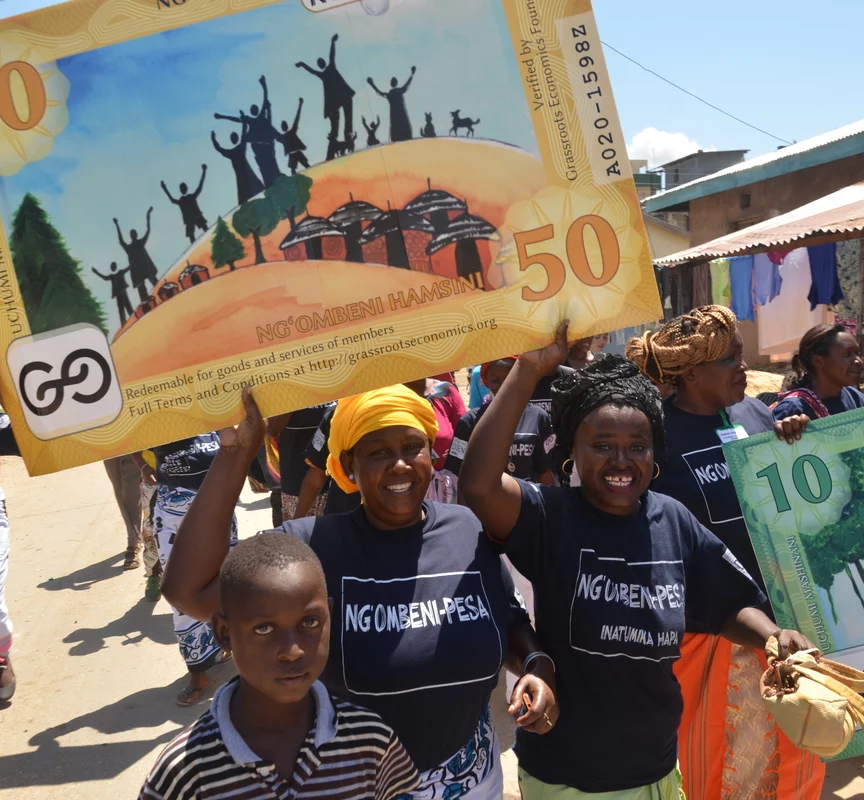
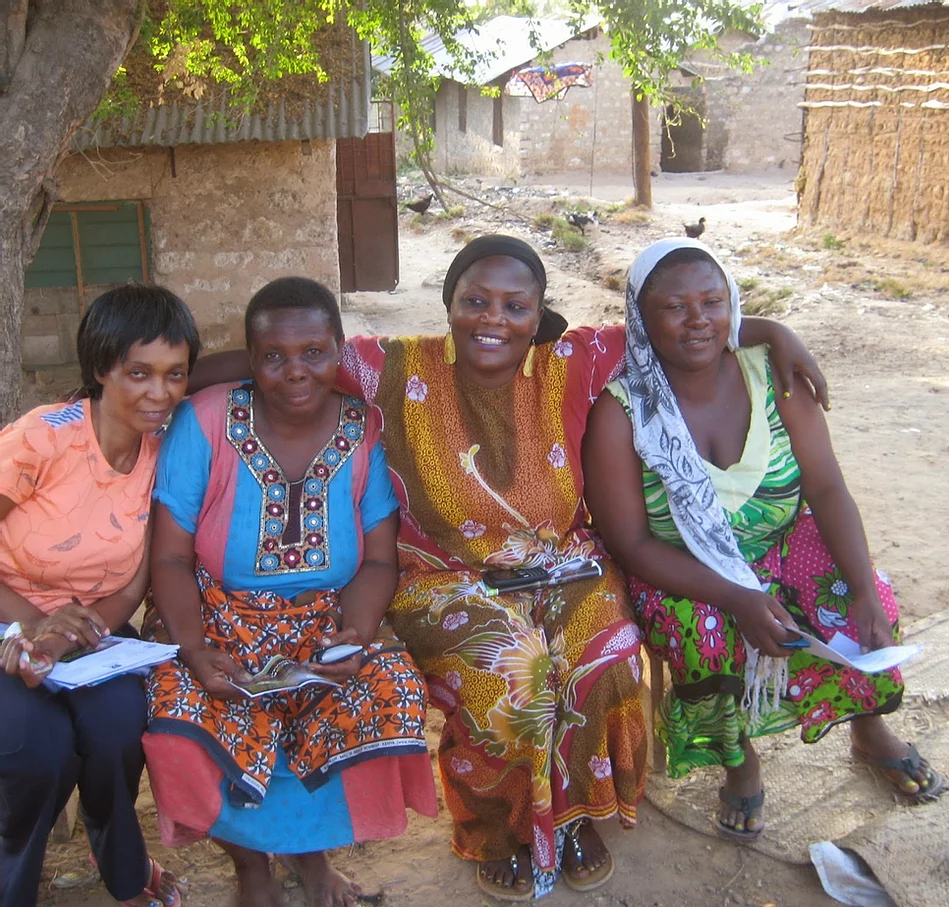
We envision prospering economies built by thriving communities
Grassroots Economics is a non-profit foundation that has been seeking to empower marginalized communities to take charge of their own livelihoods and economic future since 2010.
About usGet involved
Communities can develop their own prospering economies with the stability of their own pooled commitments.
Support us